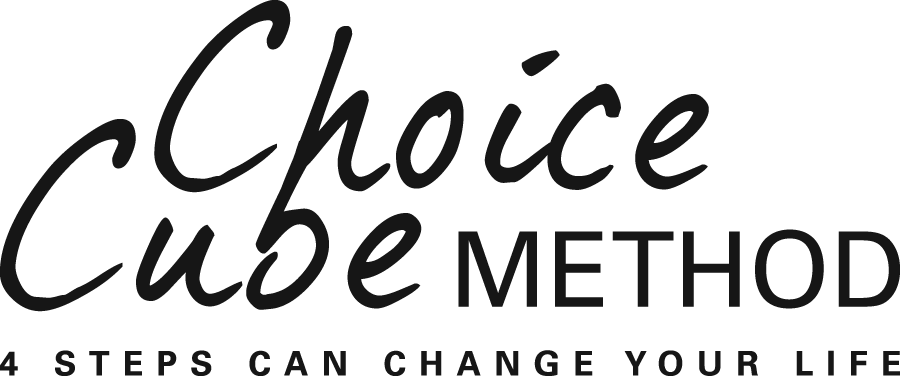Do You Really Have Free Will?
/Barbara, with her short sandy colored hair had some tough decisions to make. So many things were swirling around in her head that she felt sick inside from all the questions. Her friends and family told her to just use her willpower and get out of the relationship. But it seemed more complex than that.
Barbara simply didn’t understand herself. And where Alex, her very handsome, thirty-something husband was concerned, her willpower seemed shot. She knew that he was abusing her, but she kept hoping she could change him. She didn’t realize it, but her choices had caused her to become a prisoner of hope. Have you have ever been in this place like that, not understanding yourself, caught up in thoughts, feelings, behaviors you didn’t understand? Understanding how willpower works, and even if you have willpower can:
- Help you understand why you do what you do.
- Increase the possibility that you will make better choices.
You see, each time you make a choice, you are programming yourself. And if you repeat a the same choice often enough, with enough intensity, it becomes “embodied”—part of your nervous system.
During their five year marriage, Barbara repeatedly chose to allow Alex to abuse her. Each experience programmed her by creating body sensations, emotions, thoughts, and desires that gradually became like connecting cross-country ski trails of nerve pathways in her brain and body. They became part of her subconscious mind.
Barbara’s Subconscious Makes Her Decision
So on that bright Tuesday afternoon, Barbara, looking completely overwhelmed had to make a choice one more time. She "decided" to stay with Alex and give him one more chance. Her choice, however, was not really a conscious choice. Her will and willpower were not in play. Let me explain.
According to the latest research, the decision was made for her by her subconscious mind. Her programming, created by her previous choices, made the “decision” six seconds before she became aware of it.
It all starts with two stunning powers unique to human beings. First, as a human being, you have the power to imagine something that is not real. You also possess the power to determine what you pay attention to––what you focus on.
So In the case of Barbara, her programming won out. Having chosen over and over to focus on trying to change Tom and choosing to allow him to abuse her, she had conditioned and body and brain—her subconscious mind to tolerate the abuse and stay with him.
It was her repeated decisions that conditioned and trained her subconscious to make the same old choices it had been programmed to make.
So in Barbara's case, the truth about free will is that what seemed like a choice freely made was not free at all. Her programming, the result of her previous choices, determined what she would choose six seconds before she "made her decision."
It will take more suffering and pain to bring Barbara to a place of desperation and willingness to stop doing the same old things that keep her focused on Tom and a prisoner of hope. She will have to stop making the same old choices, and start reprogramming herself with different, healthier choices.
What then is the point? On the one hand it would seem that often, you have no free will because you have slipped out of your conscious mind into your subconscious mind and have gone on autopilot. Your programming—your previous choices, not your conscious will––decides what you think, feel, want, and do.
On the other hand, you do have free will because you can choose to use your two magnificent God-given powers, mentioned earlier to: (1) grasp a vision of what is best for you and .(2) focusing on that, though it is not yet a reality, you choose to invest your desire and energy in it until it comes to pass.
And you? What are you doing with your glorious powers? What kind of choices are you making? Do you have a vision of life’s possibilities? Do your choices express the best of you are? Are you programming yourself for, health, joy, peace, satisfaction, and fulfillment? Or not? Are you possibly sleepwalking through life without paying attention to the choices you are making?
Let me hear from you. I'm eager to know your story and the choices you are making. Warmly, Dr. Beth

